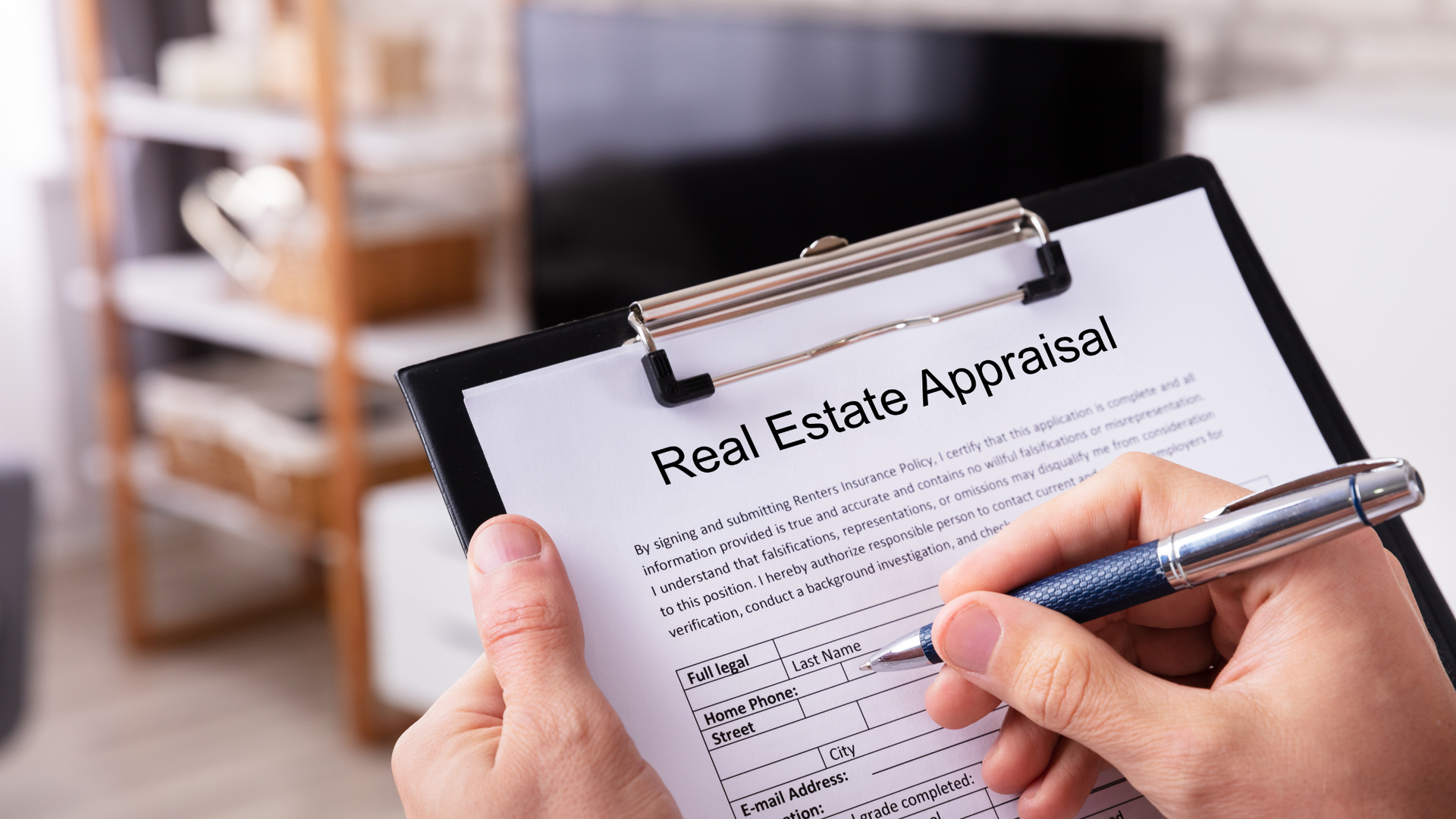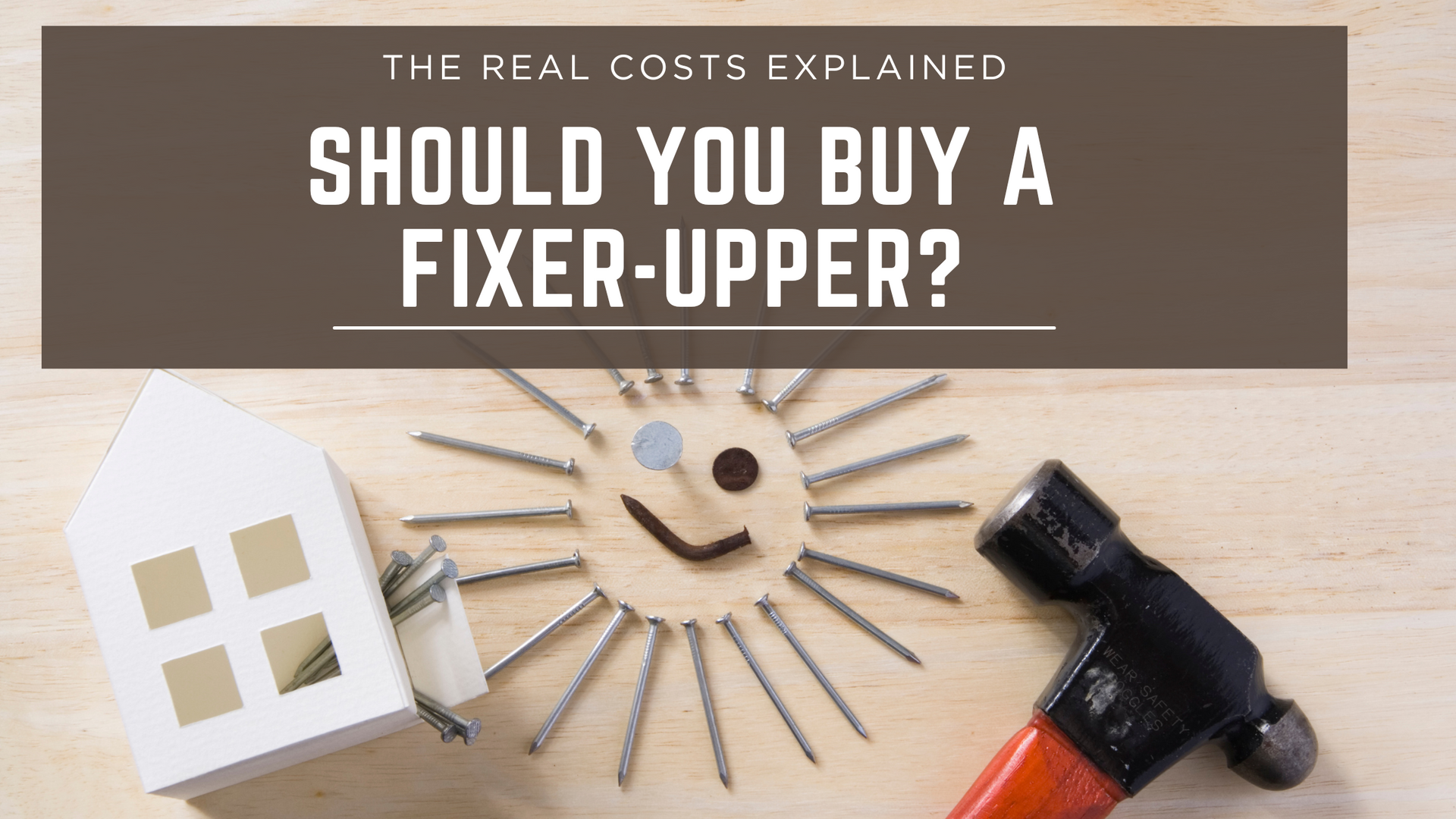When buying or selling a home, one of the key factors in finalizing a deal is appraisal. A home appraisal is an unbiased estimate of the property's value, conducted by a professional appraiser.

This process is especially important because it helps lenders determine how much they’re willing to lend in the case of a mortgage loan.
But what happens when the appraisal comes back lower than expected?
A low appraisal can create challenges for both buyers and sellers—but it doesn’t have to mean the end of the transaction. Understanding how to handle this situation can make all the difference in keeping your deal on track.
In this post, we’ll walk through:
- Why low appraisals happen
- What buyers can do when it occurs
- What sellers can do when it occurs
- How to reduce the risk of appraisal issues in the future
What Happens When an Appraisal is Low?
Before diving into solutions, it’s important to understand why a low appraisal is problematic.
Lenders use the appraisal to determine how much money they are willing to lend. If the appraisal comes below the agreed purchase price, the buyer’s lender may refuse to provide a loan for the full amount.
This can lead to:
- Buyers needing to cover the difference in cash
- Sellers reducing their price
- The deal falls through entirely if no agreement is reached
For both buyers and sellers, the key is to respond proactively and strategically.
Tips for Buyers When the Appraisal Comes in Low
1. Review the Appraisal Report Carefully
Check the comparable the appraiser used. Were certain upgrades, square footage, or location advantages overlooked? If so, you may be able to dispute the appraisal.
2. Consider Renegotiating the Price
Work with the seller to lower the price to the appraised value—or negotiate a compromise.
3. Bring Additional Cash to Closing
If the seller won’t reduce the purchase price to match the appraised value, covering the difference out of pocket is an option, however, it is not necessarily advised to go with this solution as you are paying more for the home than it is truly worth.
4. Request a Second Appraisal
If you strongly believe the first appraisal was flawed, you may be able to request another one—though this comes at a cost and may not always be approved by your lender.
5. Explore Other Loan Options
Different loan programs have different appraisal requirements. Looking into FHA, VA, or other financing options could open more flexibility.
Tips for Sellers When the Appraisal Comes in Low
1. Stay Calm and Be Flexible
A low appraisal can be frustrating, but staying open to negotiation keeps the deal alive.
2. Review of the Appraisal Report for Errors
Double-check for overlooked upgrades, outdated comps, or factual mistakes that could be corrected.
3. Consider Lowering Your Price
Adjusting your price may allow you to close quickly with a motivated buyer.
4. Offer Seller Financing
In unique cases, providing seller financing can bridge the gap if the buyer struggles to secure full funding.
5. Prepare for the Deal to Fall Through
Sometimes, walking away is the best option if the numbers simply don’t work.
How to Avoid Appraisal Problems in the Future
While you can’t prevent every low appraisal, both buyers and sellers can take steps to reduce the risk:
For Buyers:
- Do Your Research: Review comparable sales before making an offer.
- Get Pre-Approved: Know your borrowing capacity before negotiations.
For Sellers:
- Highlight Property Improvements: Ensure the appraiser knows about upgrades, renovations, and unique features.
- Work with the Right Agent: An experienced agent will help you price realistically and set proper expectations.
Conclusion
Handling a low appraisal is a common hurdle in real estate—but it doesn’t have to derail your deal.
For buyers, options include disputing the report, renegotiating, or bringing in extra cash. For sellers, flexibility, reviewing the appraisal, and realistic pricing are key.
Ultimately, staying calm, informed, and proactive gives you the best chance of moving forward successfully.
Have you ever dealt with low appraisal? Share your experience—or follow along for more insights on navigating today’s real estate market.


